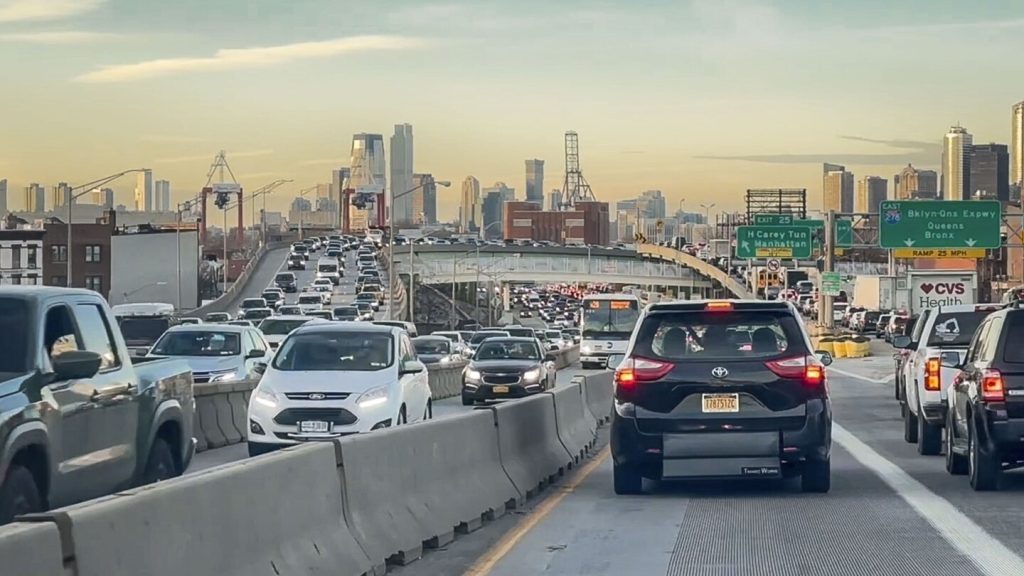In New York, the first-in-the-nation plan to impose tolls on drivers entering Manhattan south of Central Park has sparked a legal battle. The toll, set to launch on June 30, will charge drivers about $15 during the daytime, with higher rates for larger vehicles and lower rates for motorcycles and late-night entries. The plan is intended to provide funding for the region’s transit system, which carries about 4 million riders daily. Critics argue that the toll is a “cash grab” by transit officials seeking to pump billions into the subway, trains, and buses.
Lawyers representing Manhattan residents have raised concerns about the toll’s impact on health and the environment. They argue that federal transportation officials approved the toll without conducting a comprehensive environmental study. Opponents of the toll want transit officials to conduct a more thorough analysis before implementing the plan. The Metropolitan Transportation Authority, which is overseeing the congestion fee plan, maintains that the toll will help reduce traffic and improve regional air quality by discouraging driving into Manhattan.
While the toll is expected to decrease overall traffic in New York City, some areas may see a slight increase in congestion. The MTA has committed to investing $155 million over five years to offset these effects, including by installing more roadside plants, parks, air-filtration systems, and electric vehicle charging stations. Lawsuits filed against the toll argue that low-income and minority communities will be disproportionately impacted by increased traffic and air pollution. They also claim that drivers from other boroughs and suburbs lacking adequate mass transit will face higher costs.
Opponents of the toll argue that the plan will shift pollution and congestion from Manhattan to other neighborhoods already facing environmental hazards. They claim that small businesses within the congestion zone will incur higher operating costs and lose customers. Groups like the United Federation of Teachers are challenging the toll, calling on the courts to require the MTA to come up with a better plan. Similar arguments were presented in a New Jersey federal court, where Governor Phil Murphy and Fort Lee Mayor Mark Sokolich have also filed lawsuits. Judge Leo Gordon plans to issue a decision before the toll goes into effect.
The legal battle over the congestion fee plan reflects the ongoing debate over transportation policy in major cities grappling with traffic congestion and environmental concerns. The outcome of this case could have far-reaching implications for how cities address the challenges of urban transportation and air quality. The arguments presented by both supporters and opponents of the toll highlight the competing interests at play in crafting effective and equitable transportation solutions for densely populated urban areas like New York City. As the legal proceedings continue, the future of the congestion fee plan remains uncertain, with stakeholders on all sides closely watching the developments in the courtroom.


